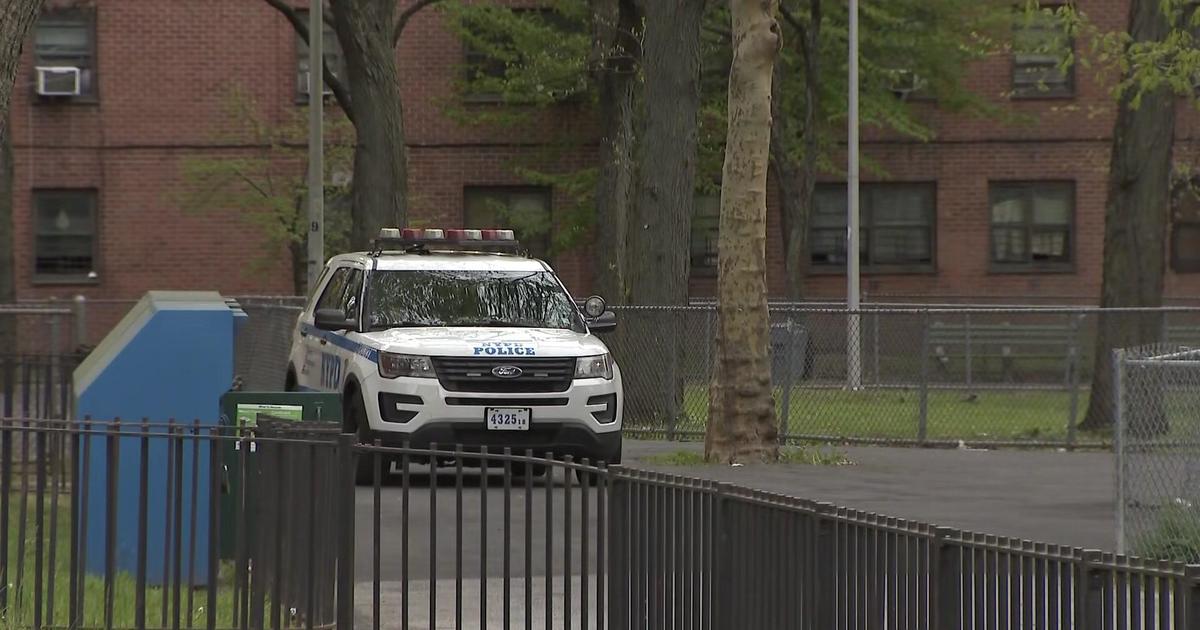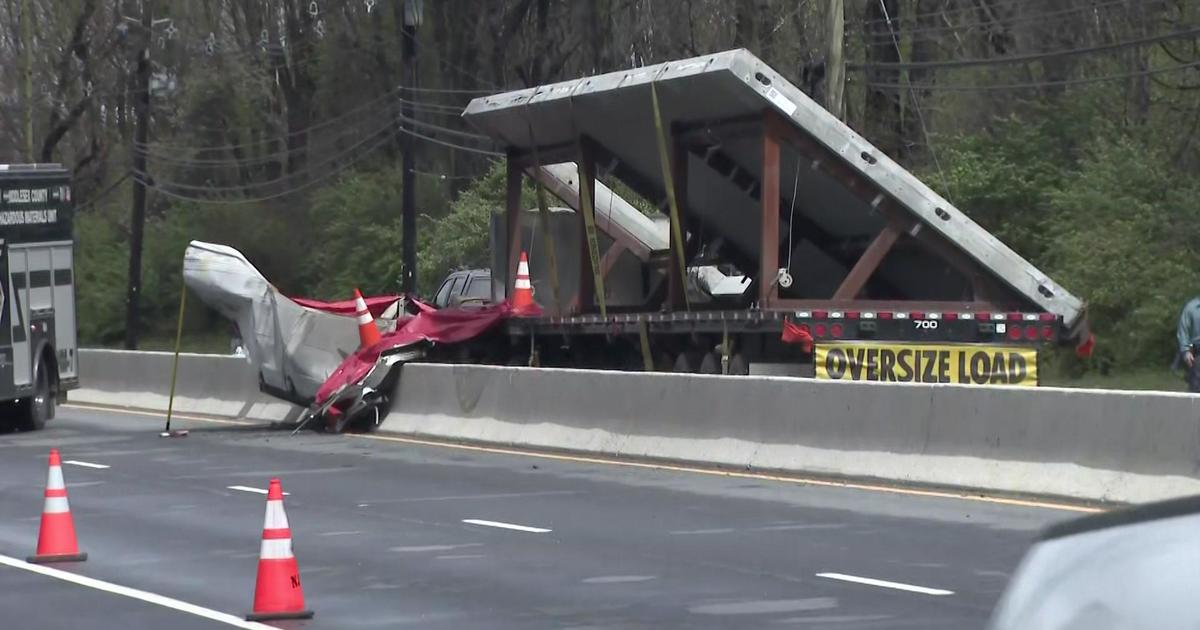N.J. authorities sound alarm on pitfalls of recreational marijuana and edibles; "This isn't Woodstock weed"
CRANFORD, N.J. -- With recreational marijuana now being sold in New Jersey, authorities are once again sounding the alarm on the potential dangers of pot.
CBS2's Meg Baker explains some of the pitfalls recreational marijuana users could face.
New Jersey Poison Control is issuing a strong warning: if you have edibles at home, lock them up.
For the fourth year in a row, the call center has gotten more calls about children who accidentally consumed cannabis edibles. More than 150 kids required treatment last year.
Kevin Sabet from Safe Approaches to Marijuana says packaging is a problem.
"They're allowing these edibles, these lollipops, ice creams, candies, potato chips, things that look like the regular product, and in reality ... 90 percent THC concentrates and these super high levels of weed, because this isn't Woodstock weed. Woodstock weed with five or six percent," Sabet said.
Cranford Police Chief Ryan Greco said he's seen it firsthand.
"We've even had instances in our town where it looks like Cocoa Puffs," Greco said.
With more access to marijuana, kids may be exposed. Greco said now is the time for parents to have a candid conversation with children of all ages.
"Make sure that if they're eating something, it's coming from a packaging that they recognize as that packaging, whether it's a gummy bear or a Sour Patch Kid or what not," Greco said.
According to Poison Control, the high levels of THC are not only harmful to youngsters, but they can lead to unwanted physical and mental side effects for adults too.
"Inevitably going to be increasing the ER admissions and hospital admissions because people are ingesting super high levels of THC that they're not used to," Sabet said.
Chief Greco said they expect and are prepared to handle more cases of impaired drivers.
"That's major issue. So, normally we would be able to bring a person in, put them on an alcohol test machine, get immediate results. Now we would have to physically take some type of blood or urine sample and send it out to the state. It might start to be an uptick in lab analyses as well," Greco said.



